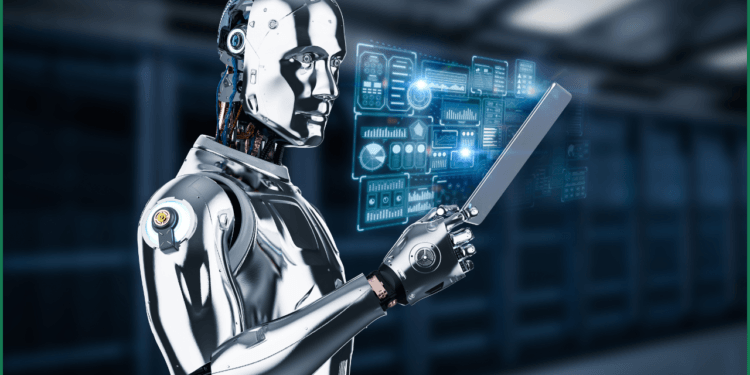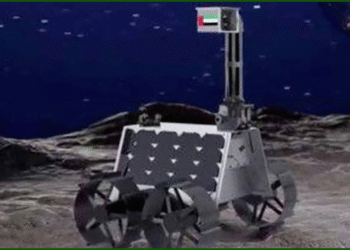A groundbreaking report from the United Nations has unveiled the staggering potential of artificial intelligence (AI) to transform the global economy, projecting the AI market to soar to $4.8 trillion by 2033—rivaling the size of Germany’s economy. The UN’s trade and development agency, UNCTAD, warns that this technological tidal wave could impact up to 40 percent of jobs worldwide, ushering in unprecedented productivity gains while sparking fears of widespread job displacement.
Unlike past industrial shifts that reshaped manual labor, this AI-driven revolution is poised to strike knowledge-intensive industries hardest, with advanced economies facing the brunt of the disruption. From legal services to software development, white-collar professions once deemed untouchable may soon see automation redefine their landscapes. Meanwhile, developing nations risk being left behind unless they act swiftly to bolster digital infrastructure and AI expertise.
The report underscores a stark reality: while AI promises economic growth, its benefits often tilt toward capital rather than workers, threatening to deepen inequality. In 2023, frontier technologies like AI and blockchain already formed a $2.5 trillion market, projected to balloon to $16.4 trillion by 2033. Yet, the lion’s share of innovation remains concentrated in the US and China, where 100 firms dominate 40 percent of global corporate R&D spending.
UNCTAD’s Secretary-General, Rebeca Grynspan, called for urgent action, urging nations to prioritize people-centric AI policies and foster international collaboration for a fair global framework. “Technology drives progress, but equity isn’t automatic,” she said. The agency advocates for heavy investment in workforce training and digital access to turn AI into a catalyst for new industries rather than a source of exclusion.
As the clock ticks toward 2033, the world faces a pivotal choice: harness AI for shared prosperity or let it widen the chasm between the haves and have-nots.


















































